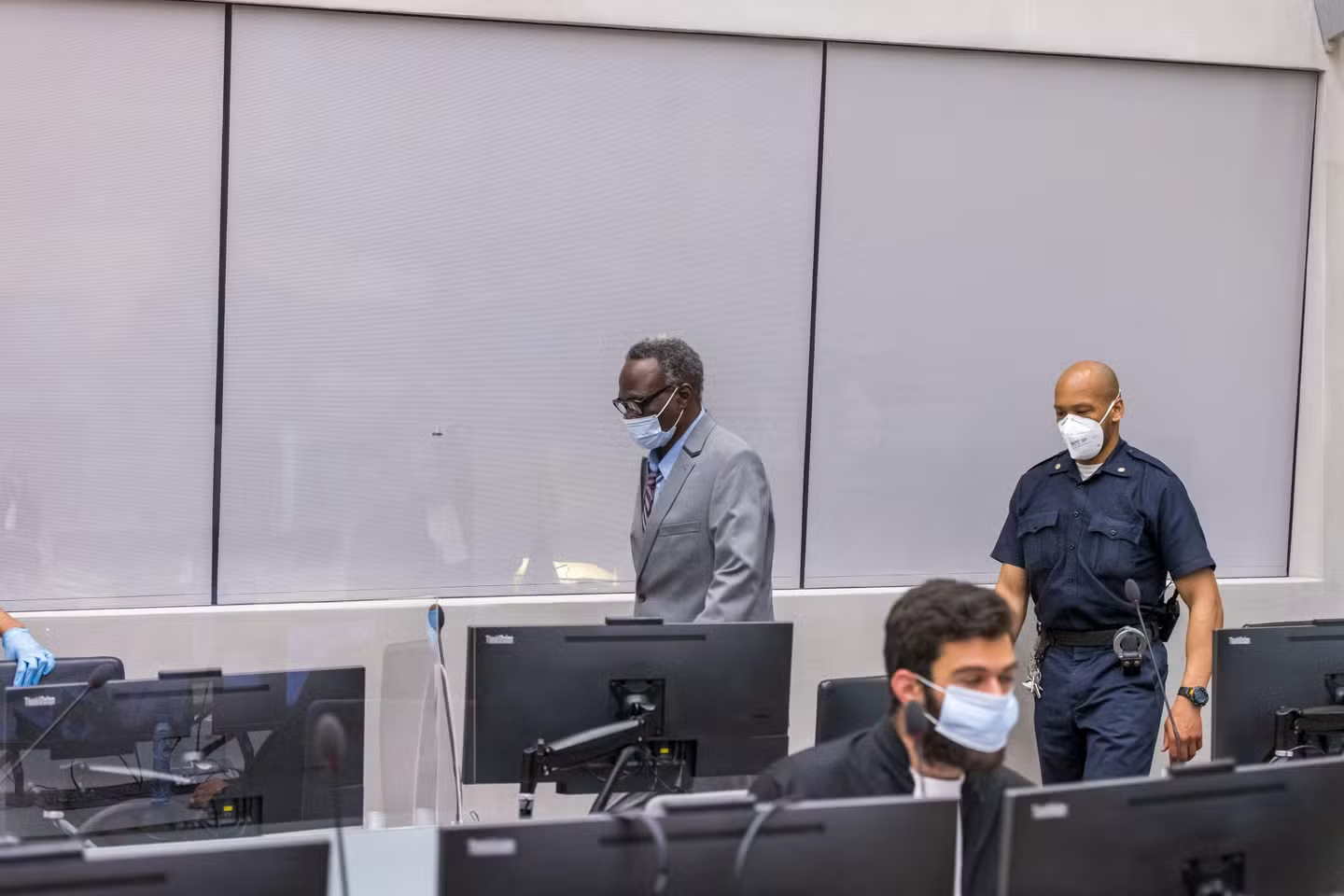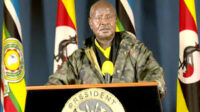A historic verdict has been delivered by the International Criminal Court (ICC) as Sudanese militia leader Ali Muhammad Ali Abd-Al-Rahman, widely known as Ali Kushayb, has been found guilty of war crimes and crimes against humanity for atrocities committed during the devastating conflict in Darfur more than two decades ago. The conviction marks the first time an individual has been held accountable before the ICC for the mass killings, rapes, and destruction that defined one of Africa’s darkest chapters.
Ali Kushayb was a key commander of the Janjaweed militia, an Arab-dominated group backed by Sudan’s government during the early 2000s. The Janjaweed were infamous for unleashing terror across Darfur, attacking villages, executing civilians, and committing acts of sexual violence that left hundreds of thousands dead and millions displaced. Despite denying responsibility and claiming mistaken identity, the ICC’s judges ruled that Kushayb was directly involved in the brutal campaign that devastated entire communities.
The court found Kushayb guilty of a range of heinous acts carried out between 2003 and 2004, including mass executions, torture, sexual slavery, and the deliberate burning of villages. Testimonies from survivors painted a chilling picture of the atrocities. Witnesses recounted how armed Janjaweed fighters, under Kushayb’s command, stormed villages at dawn, slaughtering men and boys, abducting women, and razing homes to the ground. Many described harrowing memories of family members being killed before their eyes and the utter destruction of their communities.
Judges concluded that Kushayb’s forces operated under a deliberate policy to exterminate and terrorize non-Arab ethnic groups accused of supporting rebel movements. His leadership position and direct control over the Janjaweed’s operations made him instrumental in organizing and executing the attacks. According to the verdict, Kushayb was often present at the scenes of violence, issuing orders and personally participating in the brutal acts.
The Darfur conflict, which raged from 2003 to 2020, began when rebels from marginalized non-Arab communities rose against the government of Sudan, accusing it of neglect and discrimination. In response, the government mobilized and armed the Janjaweed militias to crush the uprising. The result was a humanitarian catastrophe that the United Nations once described as “the world’s worst crisis,” with widespread accusations of genocide and ethnic cleansing.
Outside the ICC in The Hague, a small but emotional group of Darfuris gathered to witness the outcome of the trial. For many survivors, the verdict represented long-awaited justice. One man who had lived through the atrocities said, “He was the one who gave the orders. He was the one who got the weapons. If you ask me if he was important in Darfur, I will tell you he was one of the most important ones.” Their presence underscored how deeply the scars of the Darfur war still run among Sudan’s displaced and traumatized communities.
The conviction of Ali Kushayb is being hailed as a significant moment in international justice and a rare victory for accountability in Sudan’s long history of impunity. Human rights groups have described it as a “breakthrough for victims” and a strong signal that even powerful perpetrators of mass violence can face justice, no matter how long it takes.
However, the verdict also casts a harsh light on Sudan’s ongoing turmoil. Many of the same Janjaweed fighters once under Kushayb’s command have since regrouped into the Rapid Support Forces (RSF), the powerful paramilitary group currently engaged in a violent civil war against Sudan’s national army. The RSF has been accused by the United States, the United Kingdom, and multiple human rights organizations of committing ethnic cleansing and mass atrocities in Darfur since renewed fighting erupted in 2023. The pattern of systematic violence—once synonymous with the Janjaweed—appears to persist, raising fears of another humanitarian disaster.
While the ICC’s ruling provides some measure of justice for Darfur’s victims, the conviction of Ali Kushayb is only one step in a broader struggle against impunity in Sudan. It highlights the need for international cooperation to hold accountable those still committing atrocities today. Survivors and advocates hope the verdict will inspire renewed global pressure to end the cycle of violence, protect civilians, and support peace and reconciliation efforts in a country still haunted by its past.














Leave a comment